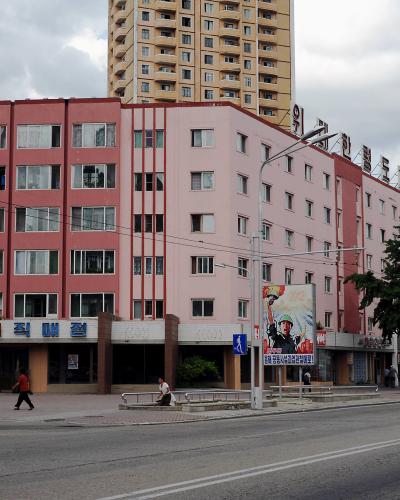UN estimates suggest that up to 783 million people in the world were affected by hunger in 2022. This is 122 million more people than before COVID-19. For example, civilians in Syria, Somalia, Sudan, Afghanistan and Yemen – to name just a few contexts – are at acute risk of hunger. Russia's decision to suspend the Black Sea Grain Initiative will exacerbate the already precarious food insecurity in many parts of the world. Moreover, climate change has unpredictable and long-term consequences, affecting first the poorest and those already affected by war.
" War breeds hunger and hunger breeds war," Adrian Hauri, Deputy Chief of Switzerland's Mission to the UN in New York and Chargé d'affaires, told the UN Security Council on 3 August. Switzerland had discussed the interaction between armed conflicts, related violations of international law and food security in the Council during its own presidency in May at the high-level debate on the protection of civilians chaired by President Alain Berset. The focus at the time was on civilians' access to essential goods and basic services, such as food, water or medical care.
In adopting a resolution in 2018, the Security Council recognised the need to break the vicious cycle of armed conflict and food insecurity. At today's Council briefing on food security, which was organised by the USA, Switzerland underlined three fields of action to prevent famine in the context of armed conflict and violence:
On the one hand, parties to conflicts must mandatorily comply with international humanitarian law. This means, for example, that they must ensure the protection of civilian infrastructure such as markets or supply chains, refrain from mining farmland, provide the civilian population with access to clean water and guarantee unhindered humanitarian aid to those in need.
On the other hand, the fight against impunity of parties to the conflict who use starvation of the civilian population as a method of war must be pushed forward. This has also a preventive effect. Switzerland demands that those responsible for such crimes have to be held more accountable and that justice must be done for the victims of these inhumane crimes. Hauri also took the opportunity to promote the amendment to the Rome Statute initiated and pushed by Switzerland, according to which starvation can be punished as a war crime.
Moreover, food crises in conflict situations often have a female face. Women and girls are the ones who eat last and too little. At the same time, they also actively seek survival strategies and thus contribute to finding solutions. That is why Switzerland stressed in the Council that measures to improve food security should also take into account the gender perspective.
You can’t build sustainable peace on empty stomachs. "Political solutions to conflict must be part of our global approach to eliminating hunger, ensuring access to sufficient and adequate food for all, and promoting resilient, inclusive and sustainable food systems," Hauri stressed in New York.
Statement by Switzerland on hunger and conflict, UN Security Council, 03.08.2023



